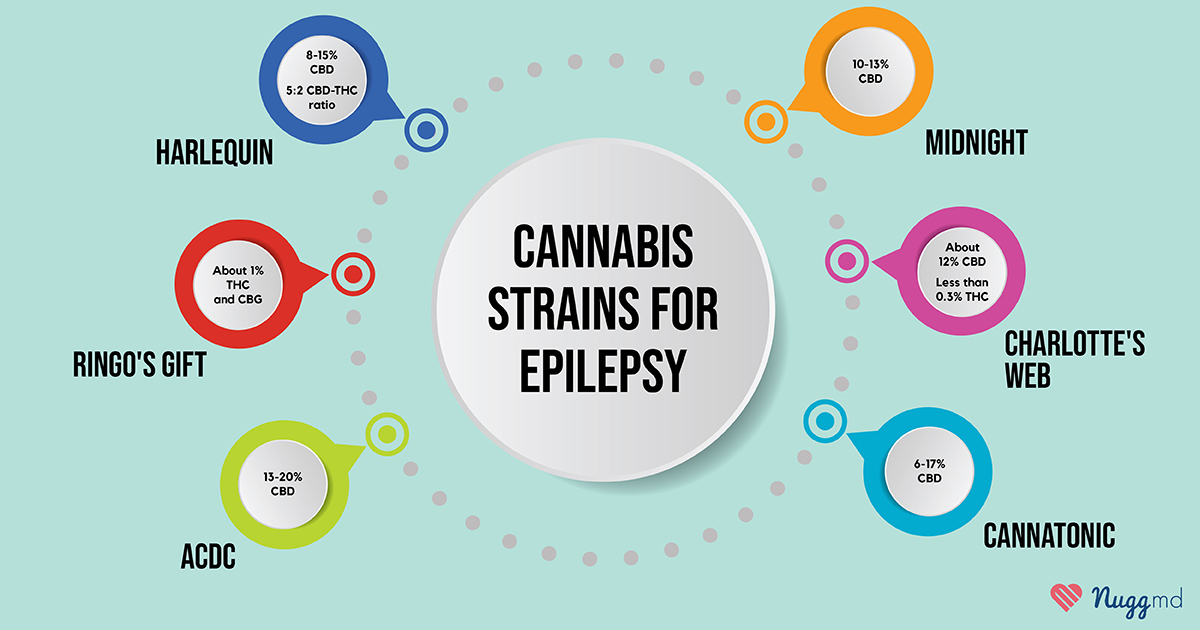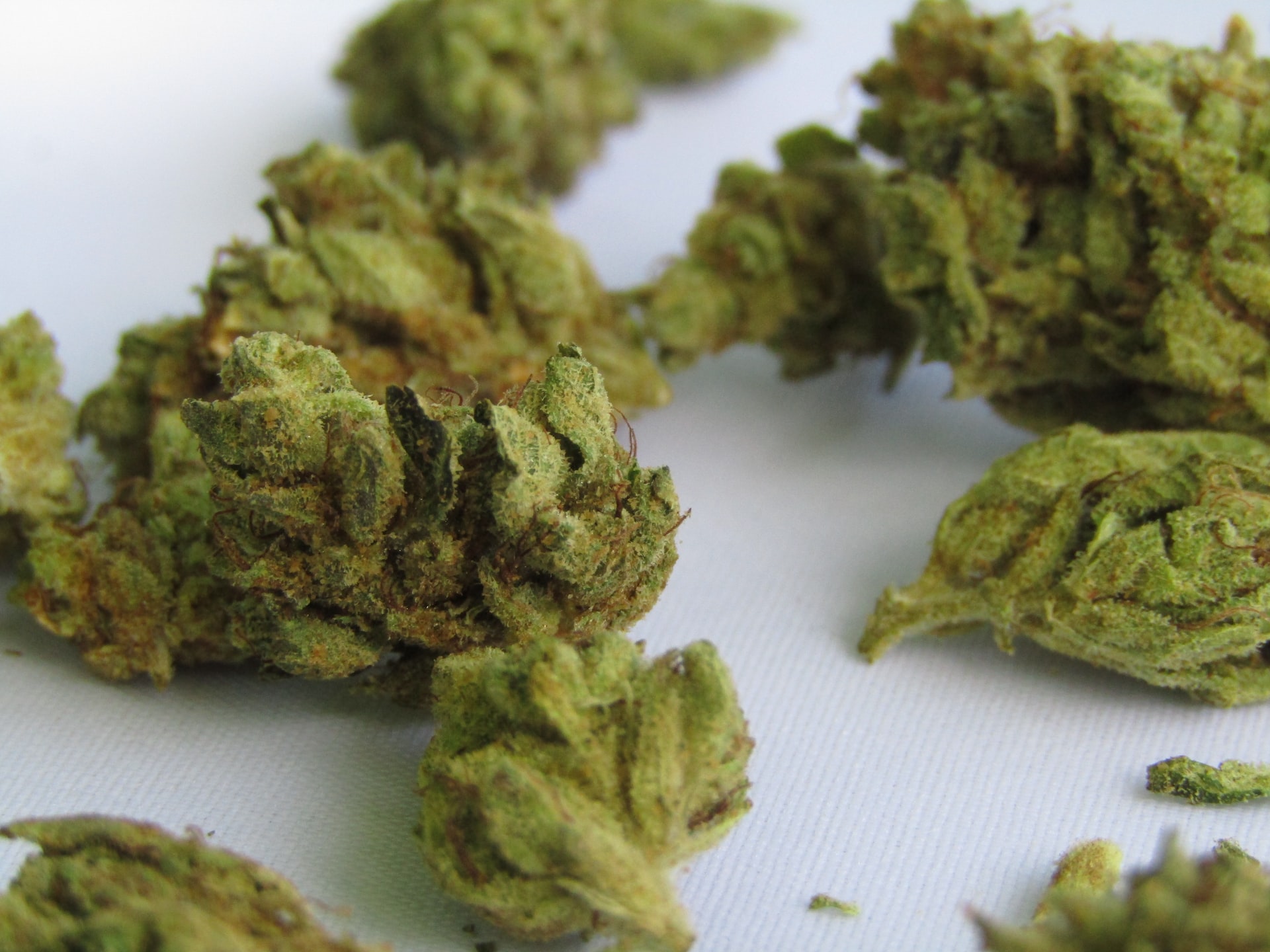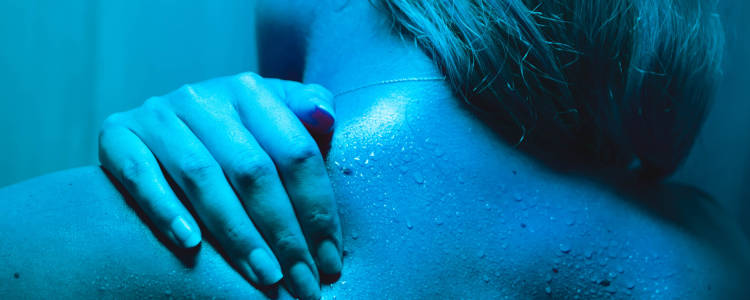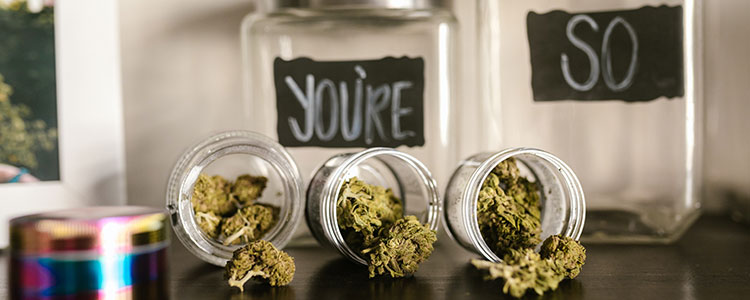Epileptic seizures are a chronic and debilitating disorder that comes in various types, affecting young and seniors alike.
In a reported one-third of cases, a person with epilepsy will experience bouts of sudden seizures and uncontrollable muscle spasms capable of causing severe bodily injuries. Symptoms of epilepsy can make it difficult or impossible to do daily functions like driving a car or operating machinery.
In some cases, using marijuana for epilepsy symptom relief has been effective including one product approved by the US Food and Drug Administration (FDA).
What Science Says About Weed and Epilepsy
Due to a lack of clinical research, medical professionals and cannabis companies often steer clear of making definitive medical claims about cannabis. But one of the exceptions may be epilepsy treatment. While we still have a ways to go to fully understand how marijuana and epilepsy interact, we've come so far in our research that the US government has approved a cannabis-based drug for specific epilepsy types.1
In addition to ongoing clinical studies, years of anecdotal reports have been made. These anecdotal claims often come from families treating loved ones with cannabis, but anecdotes alone aren’t enough to prove that medical cannabis is effective in treating epilepsy or symptoms of epilepsy. Combined with clinical studies, however, the two types of analysis have produced optimism around treatment, highlighting specific cannabinoids as possible relief options.
During a 2021 preclinical study out of Australia, researchers identified three phytocannabinoids as having novel anticonvulsant properties. They are cannabigerolic acid (CBGA), cannabidivarinic acid (CBDVA) and cannabigerovarinic acid (CBGVA). While additional analysis is needed, the research team believes their results indicate that epilepsy treatment is not exclusive to cannabidiol (CBD) and Tetrahydrocannabinol (THC).2
Weed Strains for Epilepsy
The only approved cannabis product for Lennex-Gastaut and Dravet syndromes is Epidiolex. However, there have been many patient reports of certain cannabis strains being able to combat symptoms of epilepsy.
Keeping that in mind, the following strains are often considered by medical cannabis patients to be some of the best cannabis choices for epilepsy.

Charlotte's Web
If any strain is considered “the epilepsy strain,” it’s Charlotte's Web. The high CBD strain is named after Charlotte Figi, a child who found relief from Dravet Syndrome, a rare form of epilepsy, thanks to Charlotte’s Web.3 Figi would become a massive figure in the worldwide medical cannabis movement and her memory lives on through Realm of Caring, an organization co-founded by her mother. In the years since, her namesake strain, developed by Colorado-based The Stanley Brothers, has become a key component of many patients' treatment regimens.
Clocking in at roughly 12% CBD and no more than 0.3% THC, Charlotte's Web is now more than just a strain, expanding into a brand of extracts and additional products.
Cannatonic
Cannatonic is a popular pick for medical cannabis patients looking for ways to manage chronic pain and anxiety. Containing roughly double the percentage of CBD to THC, many consumer reports say this earthy-meets-citrus strain allows them to relax while combining uplifting energy into the experience. Depending on the harvest, strains typically contain between 6% and 17% CBD potency.
Often producing a short-lived high, consumers should expect somewhat strong effects that taper off faster than most strains, usually peaking an hour or two into the experience. The short-term effects tend to leave patients able to carry on with their day without feeling too sidetracked or sedated, making it an ideal "any time of the day" strain in the eyes of many consumers.
ACDC
A phenotype of Cannatonic and Ruderalis, ACDC is a heavily CBD-dominant strain regarded for its wide use among medical patients, including those living with chronic pain, anxiety, chemotherapy treatments and epilepsy.
Combining earthy, sweet-meets-skunky aromas, ACDC offers an aromatic profile almost as robust as its CBD content. Depending on the flower sampled, this non-intoxicating strain has been reported to contain between 13% and 20% CBD. In any case, with such a CBD-heavy profile, patients shouldn't experience noticeable intoxicating effects. Instead, most consumer reports note feeling a mix of calm and uplifting energies.
Ringo's Gift
Like Charlotte's Web, Ringo's Gift is named after a pivotal figure in the medical movement. Lawrence Ringo was a CBD cultivator, cannabis activist and advocate of the potential benefits of high CBD strains. Ringo is considered one of the fathers of the CBD movement for his efforts. In addition to epilepsy, his namesake strain is often cited as a source of treatment for panic attacks, inflammation, muscle spasms, and body aches. According to many consumers, the result is a warm, soothing high that teeters into the couch-lock territory while still producing a balanced high.
Ringo's namesake CBD strain comes courtesy of crossing Harle-Tsu and ACDC. Often containing a CBD potency somewhere in the low- to mid-teens, this earthy strain also contains about 1% THC and CBG.
Harlequin
Unlike the other strains on this list, Harlequin's genetic history doesn't include any popular CBD-rich strains already mentioned. Instead, it comes from a worldwide patchwork of source material. Using three landraces, or high-quality local cultivars specific to a geographical region, Harlequin was produced by crossing Colombian Gold with Thai and Swiss region strains.
The result is a spicy-earthy blend containing between 8% and 15% CBD in most harvests, creating an average 5:2 CBD:THC balance. Consumer reports often note feeling uplifted before tapering off into a relaxed state with clear heads throughout the experience. The effects make the strain a reportedly popular pick for epilepsy patients, as well as those suffering from physical pain or anxiety.
Midnight
Bred by Israel's largest cannabis cultivator, Tikun Olam, Midnight is a strain with some secrecy still in its lore. With genetics known only to the company, we don't have as much information on its lineage as the others on the list. That fact may unsettle some who seek medical relief. That said, consumer reviews support the fruity, floral strain and its 10% to 13% CBD for its beneficial effects on various conditions, including epilepsy, pain, inflammation, stress, and indigestion.
Once again, no strain works the same on every person. If none of the above mentioned benefits your epilepsy, consider other popular picks, including consumption methods beyond flower.
Patients may consider a low-dose 1:1 CBD/THC preroll topical, like the superb Weekenders product. High CBD edibles, like Protabs from LEVEL, may deliver your desired results for slower onset effects. Like the strains mentioned by not the smoke? Extracts or tinctures like the AC/DC tincture from Chemistry or Rick Simpson Oil (RSO) may provide the solution.
What About CBD and Epilepsy?
Anecdotes and lab studies have shown that CBD effectively addresses symptoms of various rarer forms of epilepsy. Studies focusing on CBD and epilepsy interactions are some of the more robust sample studies we have to consider in cannabis today.
The research and promising lab studies on animals and humans have led to breakthrough medical advancements in recent years.4 So much so that the FDA has approved a cannabis-based drug to treat a select few medical conditions.
In 2018, the FDA approved the first cannabis-based drug product, the CBD-derived oral solution Epidiolex, to address two rare forms of epilepsy, Lennox-Gastaut syndrome and Dravet syndrome.
Three additional cannabis-related drugs have received FDA approval so far, focusing on the addressing the adverse effects of chemotherapy treatment:
- Marinol (dronabinol)
- Syndros (dronabinol)
- Cesamet (nabilone)
Conclusion
Declaring the “best” cannabis strains for epilepsy treatment is complex and subjective. Thankfully, cannabis' effects on epilepsy are one of the more well-researched topics today. We still have a great deal to understand about marijuana's effects on epilepsy, but what we have witnessed so far has led to conclusions that hopefully propel further research that can benefit thousands of individuals living with epilepsy and other conditions.
Ready to see if medical cannabis is right for you? Contact NuggMD today. Our team of experts can help you save on cannabis costs and expedite the licensing process for those that apply.
- Perucca E. Cannabinoids in the Treatment of Epilepsy: Hard Evidence at Last?. J Epilepsy Res. 2017;7(2):61-76. Published 2017 Dec 31. doi:10.14581/jer.17012 ↩︎
- Anderson LL, Heblinski M, Absalom NL, et al. Cannabigerolic acid, a major biosynthetic precursor molecule in cannabis, exhibits divergent effects on seizures in mouse models of epilepsy. British Journal of Pharmacology. 2021;178(24):4826-4841. doi:https://doi.org/10.1111/bph.15661 ↩︎
- Sekar K, Pack A. Epidiolex as adjunct therapy for treatment of refractory epilepsy: a comprehensive review with a focus on adverse effects. F1000Res. 2019;8:F1000 Faculty Rev-234. Published 2019 Feb 28. doi:10.12688/f1000research.16515.1 ↩︎
- Gray R, Whalley B. The proposed mechanisms of action of CBD in epilepsy. Epileptic Disorders. 2020;22(S1):S10-S15. doi:https://doi.org/10.1684/epd.2020.1135 ↩︎
The information in this article and any included images or charts are for educational purposes only. This information is neither a substitute for, nor does it replace, professional legal advice or medical advice, diagnosis, or treatment. If you have any concerns or questions about laws, regulations, or your health, you should always consult with an attorney, physician or other licensed professional.




